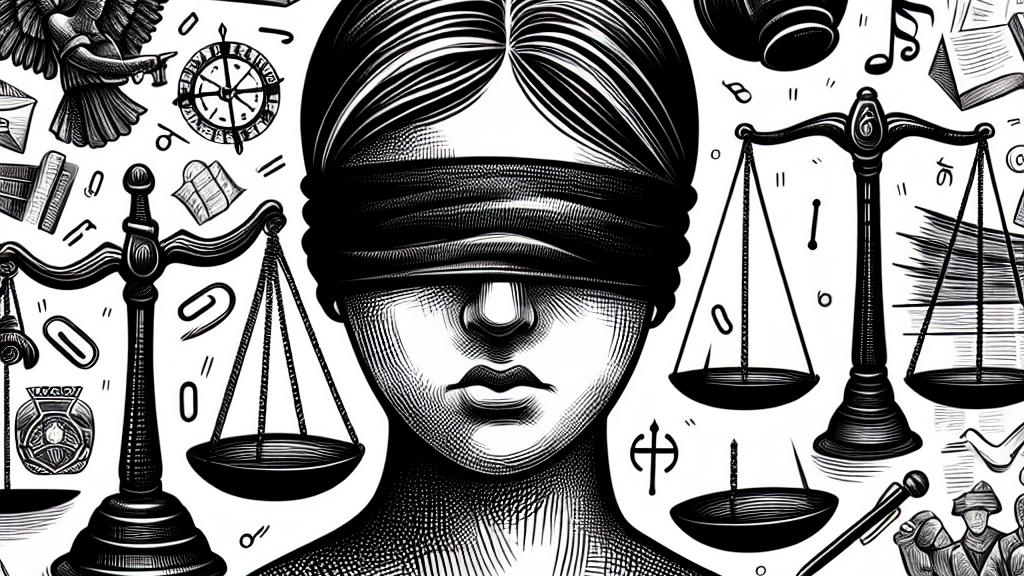Understanding the Legal Battle Over Genocide Denial in France
Overview
- Charles Onana's conviction for minimizing the Rwandan genocide marks a significant legal moment in France.
- French laws against genocide denial echo broader European efforts to uphold historical truth.
- This case may set a standard for future actions regarding hate speech and historical accountability.

A Landmark Conviction
In a landmark ruling that reverberates beyond the confines of the courtroom, Charles Onana, a French-Cameroonian author, was found guilty in Paris of seriously downplaying the Rwandan genocide. This conviction came with a hefty fine of €8,400, reflecting the court's determination to stand firm against hateful rhetoric. Onana’s controversial book boldly asserted that the genocide—responsible for the deaths of around 800,000 individuals, predominantly Tutsis—was merely a 'scam'. Such statements infuriate many, as they threaten to erase the memory of a tragedy that is deeply woven into Rwanda's national consciousness. The court's decision signals a vital message: trivializing historical atrocities will not go unchecked.
Context of Genocide Denial Laws
The legal framework in France against genocide denial embodies a larger commitment shared by many European nations—an urgent response to combat historical revisionism. These laws serve as critical safeguards, ensuring that the voices of victims are heard and that their stories are remembered accurately. For instance, when authorities declared that genocide denial undermines human rights, they highlighted the overarching need for accountability in narratives around tragic events, just as they have done with the Holocaust. Advocacy groups like Survie and the International Federation for Human Rights played pivotal roles in this legal process, emphasizing that recognizing and punishing denialism is not just crucial for the integrity of historical memory but also for moral and ethical standing in society.
Implications for Future Cases
The implications of this ruling reach far and wide, as it sets a precedent that could influence similar cases throughout Europe. Prosecution attorneys celebrated this decision as a significant victory for justice, asserting it is vital for protecting the dignity of genocide survivors, who continue to cope with the aftermath of such horrific events. Onana's potential appeal could further ignite conversations surrounding legal accountability—challenging us to reflect on how society manages the thin line between freedom of speech and the need to uphold historical truths. Ultimately, this case serves as a poignant reminder: while expressions of opinion are essential in a democratic society, we cannot allow narratives that deny or distort the truth about humanity’s darkest chapters.

Loading...